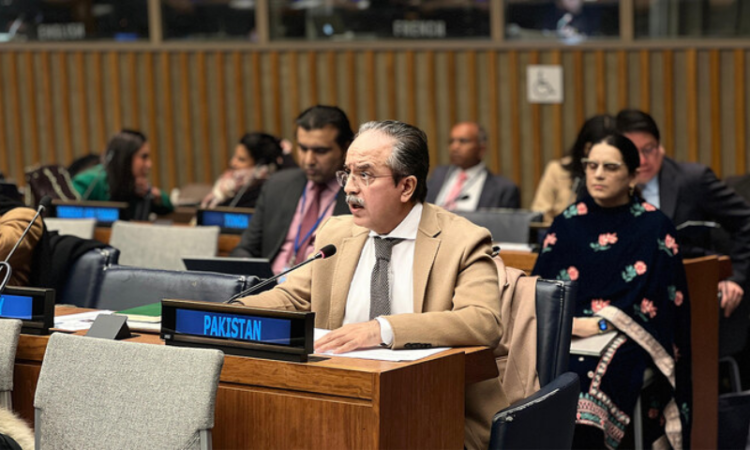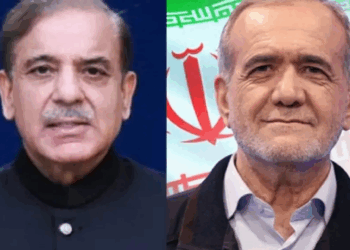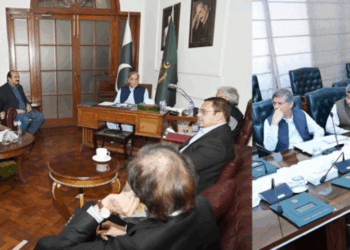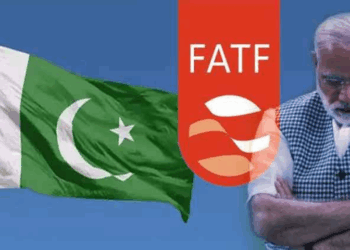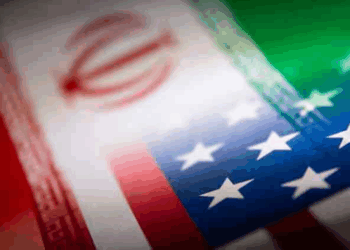United Nations, February 12, 2025: Pakistan has urged that financial justice, including debt relief for developing nations, be a central agenda item at the upcoming Second World Social Summit in Doha, Qatar. This call aims to foster a fairer global financial system and accelerate social development.
“An inclusive, just, and equitable international financial architecture is essential to unlocking resources for social progress,” said Ambassador Asim Iftikhar Ahmad, Pakistan’s alternate permanent representative to the UN, during the Commission for Social Development session.
Set for November 4–6, 2025, the Doha Summit seeks to close persistent social development gaps, reaffirm commitments made in the 1995 Copenhagen Declaration, and advance the 2030 Sustainable Development Goals (SDGs). Ambassador Ahmad highlighted the paradox facing developing nations—strong commitment to social development but insufficient financial and structural resources.
He stressed that the Doha Summit must go beyond aspirations and deliver concrete outcomes to bridge the widening social divide. Despite commitments made in Copenhagen, extreme poverty remains widespread, with 692 million people still living in poverty in 2024, and income inequality rising in 65% of countries. Moreover, 57% of people distrust policies affecting social inclusion.
Pakistan’s social development efforts
Ambassador Ahmad reaffirmed Pakistan’s commitment to the Copenhagen Declaration, focusing on poverty eradication, employment generation, and social inclusion. He cited key national initiatives, including:
- Benazir Income Support Programme (BISP)
- Prime Minister’s Youth Programme
- Micro-financing schemes
- Universal health coverage
- E-governance for improved public services
The envoy emphasized that the summit must secure adequate financing to support social protection for 48% of people in developing nations, ensure universal access to education and healthcare, and strengthen social safety nets.
Opening the discussion, Commission Chair Ambassador Krzysztof Szczerski stressed the urgency of solidarity as the world faces crises such as climate change, democratic backsliding, and human rights violations.
Government representatives from Sweden to Uganda highlighted national efforts to advance health, education, gender equality, and economic measures. They also raised concerns about declining public trust in governments, warning that growing income inequality and stalled poverty reduction threaten social cohesion.
“Governments must address these challenges,” said Ambassador Szczerski, “but declining trust in institutions weakens social policies. Strengthening solidarity is key.” He also stressed the importance of combating misinformation and encouraging public participation to restore faith in governance.
Ambassador Ahmad concluded with a call for a concise and action-oriented outcome in Doha, ensuring real progress toward the Copenhagen commitments on social development.


